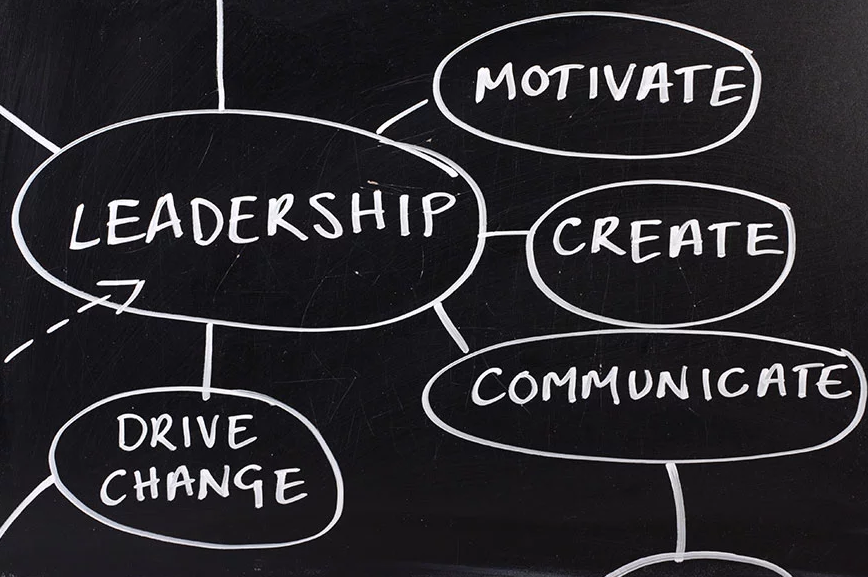
Being a great leader can feel as elusive as cracking a secret code. It doesn’t have to be. The truth is, every interaction within our workplace matters. Every interaction is an opportunity to put your leadership into action to make a real difference.
If you learn some of the practices behind the most successful leaders and apply them every day, you can create positive habits that pave the way to sustained success for yourself and others.
When Kim Cameron, Professor at Michigan Ross School of Business and a key figure in the field of Positive Organisational Scholarship, studied the factors that high performing organisations had in common, particularly those that weathered turbulent times, he discovered four leadership practices that made the most difference. Those same practices also benefitted leaders and their teams, inspiring them to go beyond the expected, stand out from their peers and achieve extraordinary results.
1. Cultivate a positive emotional climate in their team.
An environment where positive emotions predominate over negative emotions enables people to do their best work. Positive leaders and their teams are typically energetic and cheerful in outlook rather than stressed, anxious or distrustful. They boost positive emotions day to day, which helps people work together to solve problems, be creative and stay energised during both benevolent and challenging times.
2. Build positive relationships.
Trusting relationships are the glue that binds an effective team. Our social brains are geared to make connections with people we perceive as similar, so exceptional leaders make a conscious effort to create positive connections in every interaction. They avoid making assumptions about people and stay curious and open with each individual they meet and lead.
3. Apply positive communication skills.
Expressing appreciation, support and approval expands rather than contracts communication, trust and relationships. Even delivering critical feedback or correcting errors can be done in ways that nurture the relationship and the person. Great leaders adopt a communication style that is constructive and reinforces the positive, while moving people actively toward solutions.
4. Connect people to values and meaning.
The drive to find a purpose is part of human nature and an important factor in our psychological wellbeing. It also inspires people to exceed their own and others’ expectations. The best leaders understand what really motivates the people they lead and strive to leave them feeling fulfilled by their work and like they have contributed something greater than themselves.
To learn more join Learn with Sue for eBooks on topics such as 7 Ways to Apply Positive Psychology, 10 Brain Friendly Habits and How to Lead with the Brain at Work. Plus a range of tools to help yourself and others including questionnaires, values cards, posters and more.






